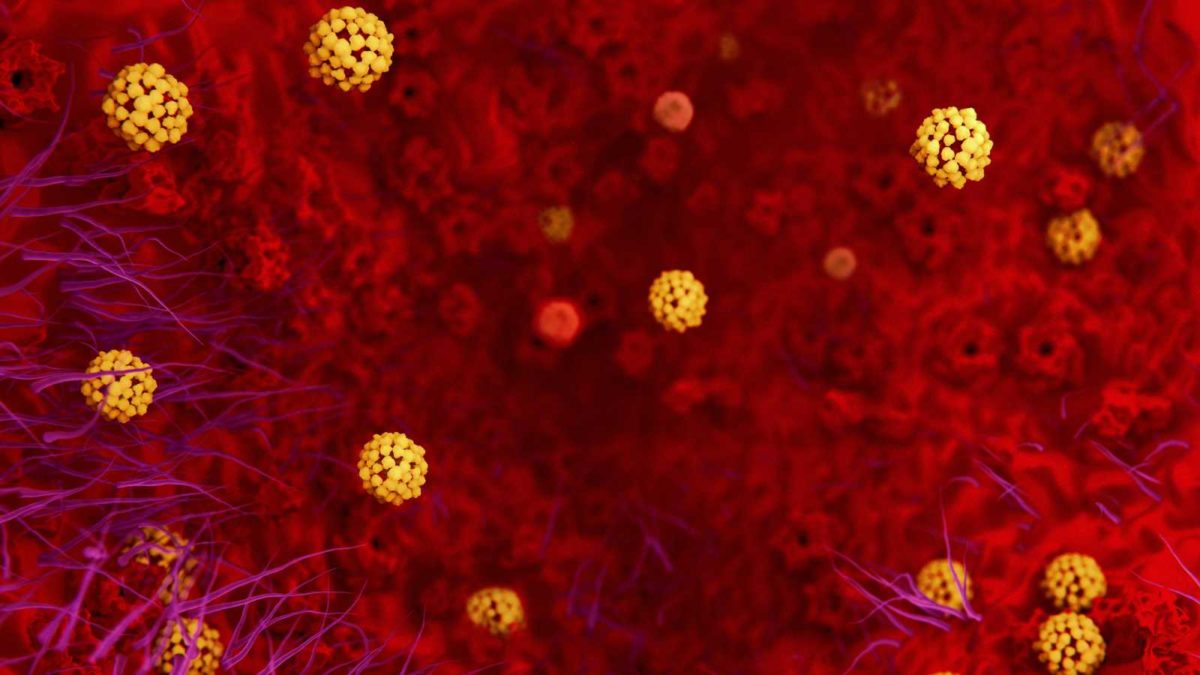Piñera’s Government Allows the Salmon Exportation Industry to Operate Without Restrictions During the Coronavirus Pandemic
- Inicio
- Acuicultura
- Piñera’s Government Allows the Salmon Exportation Industry to Operate Without Restrictions During the Coronavirus Pandemic
By considering the mega industry of salmon exportation as a producer of “essential food products” for the national consumption, the Chilean government exempts it from all possible restrictions in the scenario of total quarantine.
Puerto Montt, May 18, 2020 (Ecoceanos News). Through Supreme Decree number 104/2020, by the Ministry for Internal Affairs and Public Safety, the Chilean government has declared 90 days of “state of constitutional exception during catastrophe, due to public calamity”, all over the country. This exceptional administrative measure can be extended if the current peak of the pandemic aggravates.
The Chilean authorities have arranged a variety of public health measures to control the spread of the pandemic, including periods of total quarantine, which in turn have brought production operations and services in certain parts of the country to a halt.
Chilean Salmon Farming Industry: Immune to Restrictions
Just as every rule has its exception, the Chilean Ministry of Finance, using an “exempt resolution” has established a list of activities that are exempted from halting during the quarantine and other Covid-19-linked restrictions, as they are considered “necessary or indispensable”. Under “Food Products and Essential Trade”, agro-food exportation companies, industrial forestry, farming and livestock producers, as well as industrial fishing and aquaculture companies are mentioned as exempted.
According to the last item, industrial salmonid aquaculture, which exports 90% of its production, can continue to process and cultivate hydrobiological species, including plating, harvest, processing and distribution. The exception also includes the production of animal feed (for fish, poultry, livestock and pisciculture), and of packaging products.
Also exempted from halting are transportations of basic goods, loading and unloading by aquaculture or salmon farming companies, activities related to logistics of loading in harbours, maritime terminals, airfields and airports; terminals, tracks and other railway related facilities; various types of storage facilities, deposits, inspection and distribution of basic goods; means of transportation, such as containers, trucks and trailers; and the provision of all maintenance or repair services or necessary supplies for transportation operations.
Is the Chilean Government the “Bell Boy” for the Salmon Farming Business?
The Undersecretary of Fisheries and Agriculture, Román Zelaya, has showed himself to be receptive to the continuous demands of SalmónChile A.G. He told salmonexpert.cl that “salmon farming is a fundamental sector under the current contingency plan, well it is a part of the productive chain securing food for the population and the productive development of the country”.
The public servant justified his actions by indicating that “one has to consider that this productive activity generates a high number of jobs, especially in southern Chile, which also has to be taken into account in times of crisis”.
In reaction to this, Centro Ecoceanos stated that “the statement from undersecretary Zelaya is false and manipulative, as the salmon farming industry in Chile exports about 90% of its production, to over 75 markets, among those USA, Japan, Brazil, Chila, Russia, Thailand, and the EU, making its contribution to the local food safety minuscule.
Centro Ecoceanos: Organised Citizenry to Control Governmental and Business Actions During the Pandemic
Centro Ecoceanos stated that “while large sectors of the Chilean population are facing hunger and unemployment due to labour and transportation restrictions, as a consequence of the quarantine, the transnationals and salmon farming companies are exempted from the decisions taken to control the Covid-19 outbreak, which has allowed them to continue to make billion dollar profits in the middle of the pandemic.
The citizens’ organization mentions Salmones Camanchaca, Aqua Chile, Cermaq, and Multiexport as examples of companies whose revenue and profits continue to increase during the peak of the pandemic. A recent report from the Norwegian investment bank DNB Markets, indicated that the Chilean salmon farming company Camanchaca saw revenue of 373 million dollars, and net profits of 59 million dollars, during 2020.
“This shows that the economic and commercial interests of the salmon farming cluster have imposed themselves on the complicity and corruption of the Chilean state – ranking above any health-related or social considerations,” indicated Centro Ecoceanos.
Centro Ecoceanos called specifically on the communities of southern Chile “to reflect on who is winning and who is losing during the Coronavirus pandemic, and to reconstruct a capacity to control and monitor actions of politicians, senior public servants and salmon farming corporations”.





